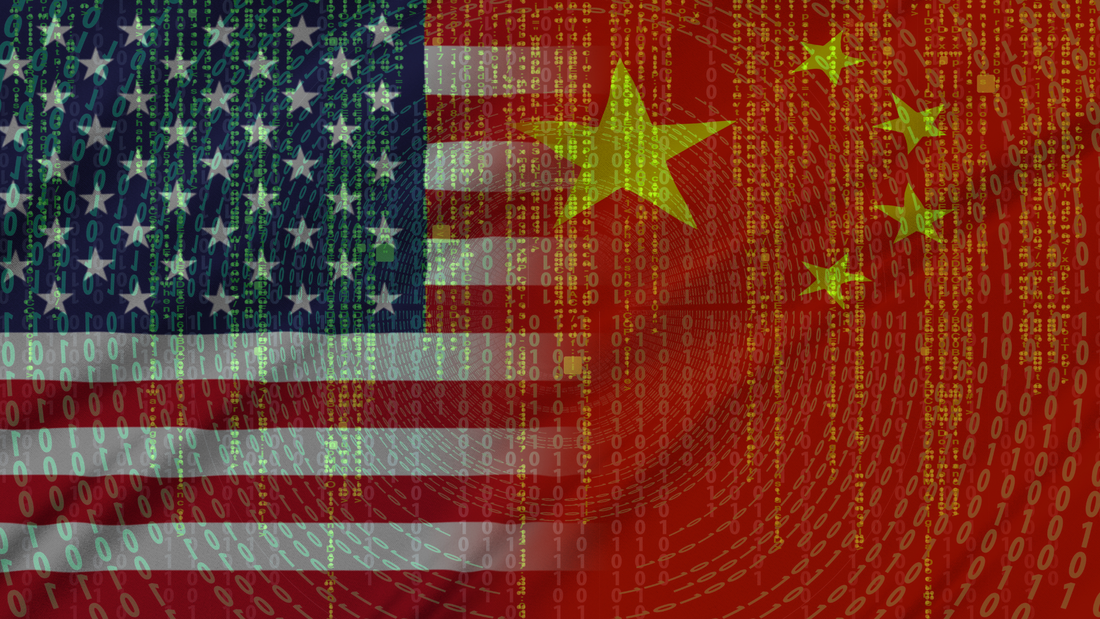|
Well, better late than never. Bloomberg reports that the Biden Administration is preparing new rules to direct the U.S. Attorney General and Department of Homeland Security to restrict data transactions that sells our personal information – and even our DNA – to “countries of concern.”
Consider that much of the U.S. healthcare system relies on Chinese companies to sequence patients’ genomes. Under Chinese law, such companies are required to share their data with the government. The Office of the Director of National Intelligence warns that “Losing your DNA is not like losing a credit card. You can order a new credit card, but you cannot replace your DNA. The loss of your DNA not only affects you, but your relatives and, potentially, generations to come.” The order is also expected to crack down on data broker sales that could facilitate espionage or blackmail of key individuals serving in the federal government; it could be used to panic or distract key personnel in the event of a crisis; and collection of data on politicians, journalists, academics, and activists could deepen the impact of influence campaigns across the country. PPSA welcomes the development of this Biden rule. We note, however, that just like China, our own government routinely purchases Americans’ most sensitive and personal information from data brokers. These two issues – foreign access to commercially acquired data, and the access to this same information by the FBI, IRS, Department of Homeland Security, and other agencies – are related but separate issues that need to be addressed separately, the latter in the legislative process. The administration’s position on data purchases is contradictory. The administration also opposes closing the data-broker loophole in the United States. In the Section 702 debate, Biden officials say we would be at a disadvantage against China and other hostile countries that could still purchase Americans’ data. This new Biden Administration effort undercuts its argument. We should not emulate China’s surveillance practices any more than we practice their crackdowns against freedom of speech, religion, and other liberties. Still, this proposed rule against foreign data purchases is a step in the right direction, in itself and for highlighting the dire need for legislation to restrict the U.S. government’s purchase of its own citizens’ data. The Protect Liberty Act, which passed by the House Judiciary Committee by an overwhelming 35-2 vote to reauthorize Section 702, closes this loophole at home just as the Biden Administration seeks to close it abroad. So when the new Biden rule is promulgated, it should serve as a reminder to Congress that we have a problem with privacy at home as well. Comments are closed.
|
Categories
All
|


 RSS Feed
RSS Feed